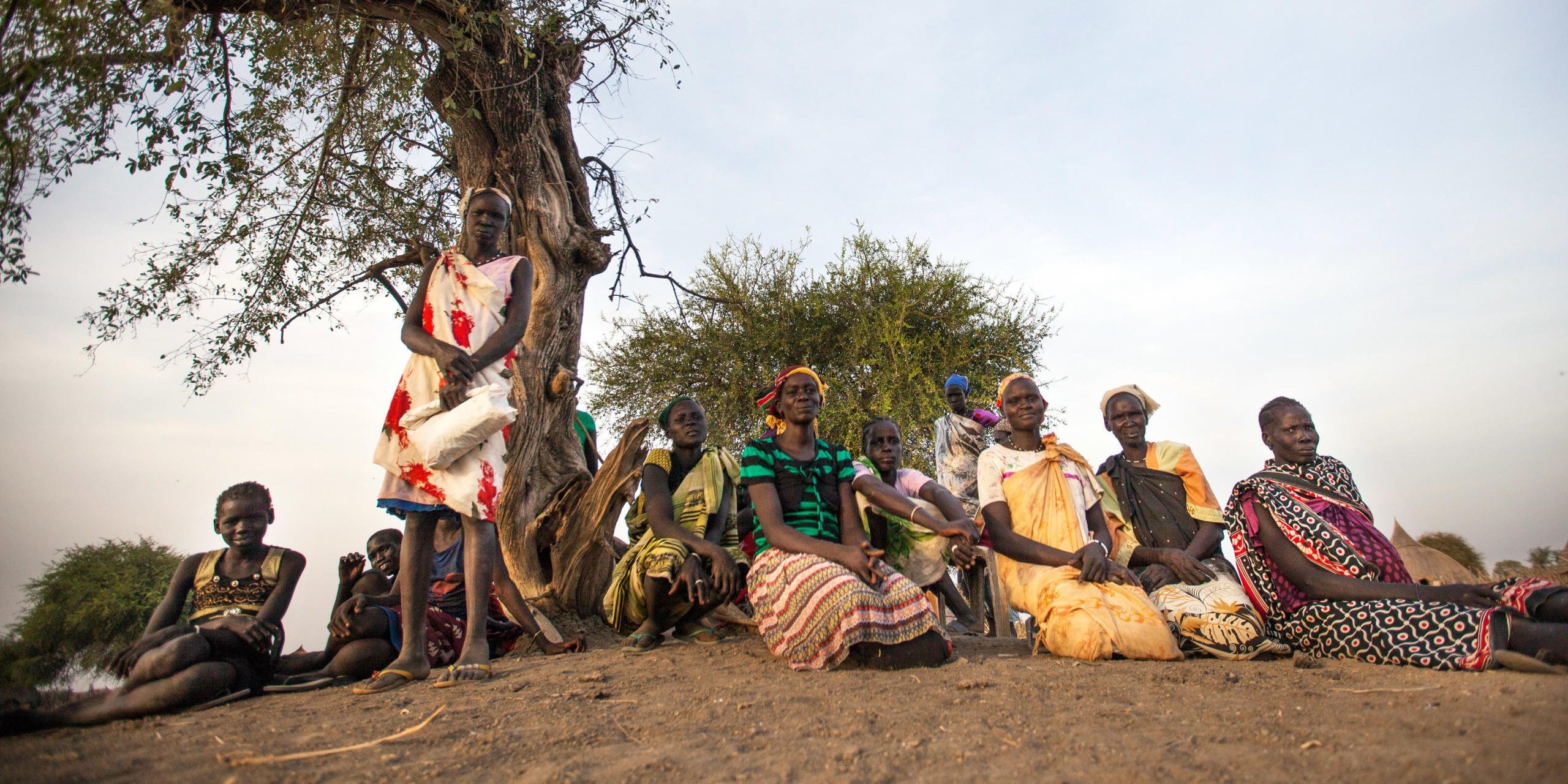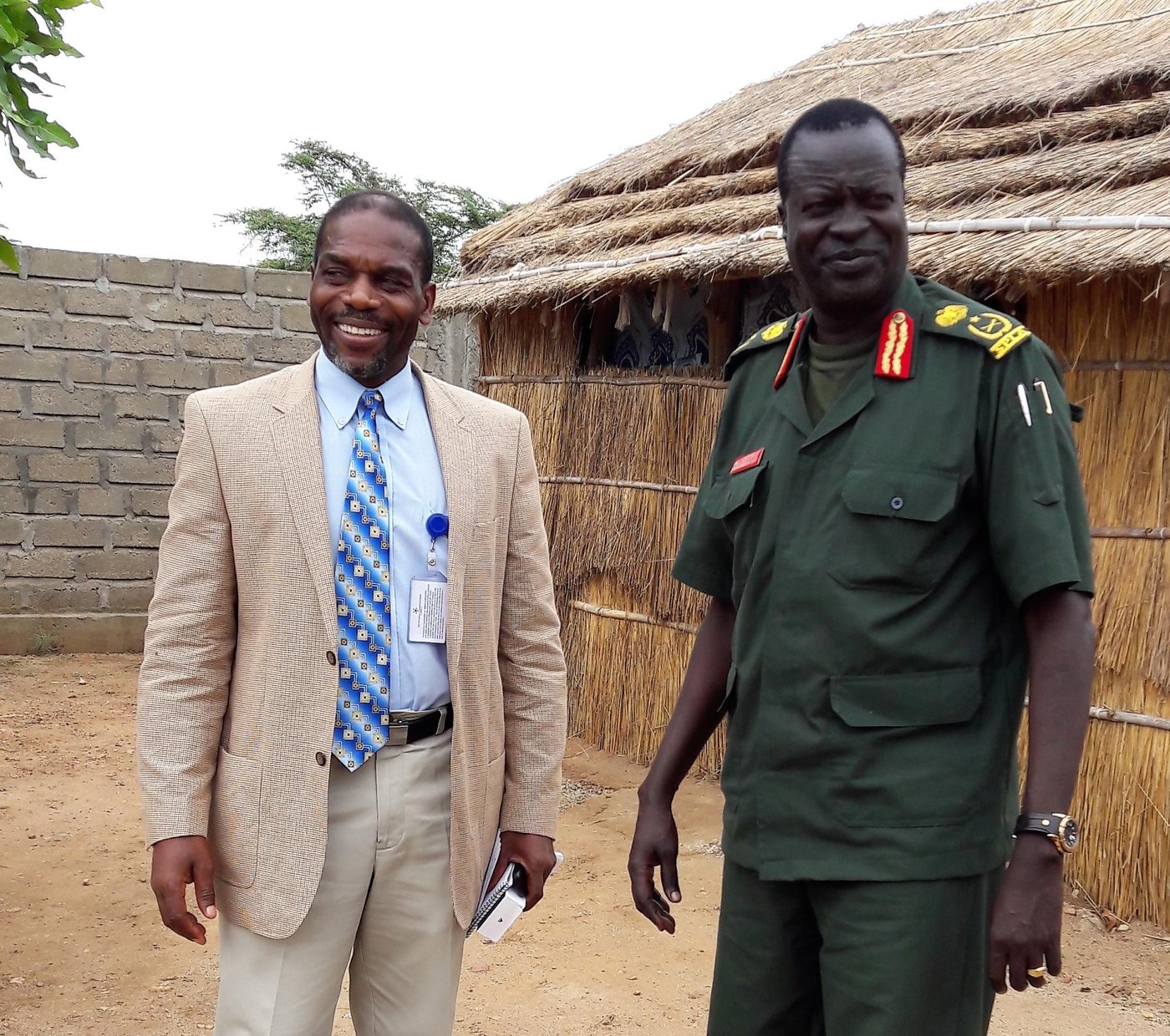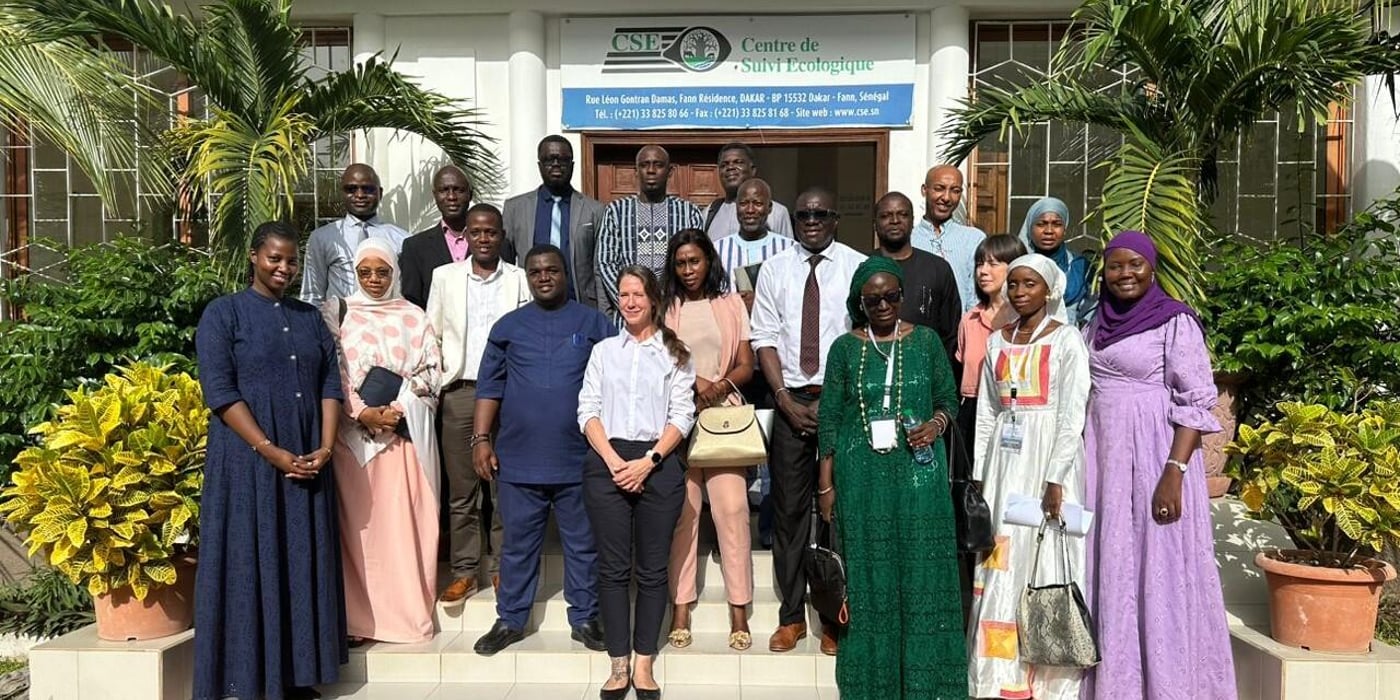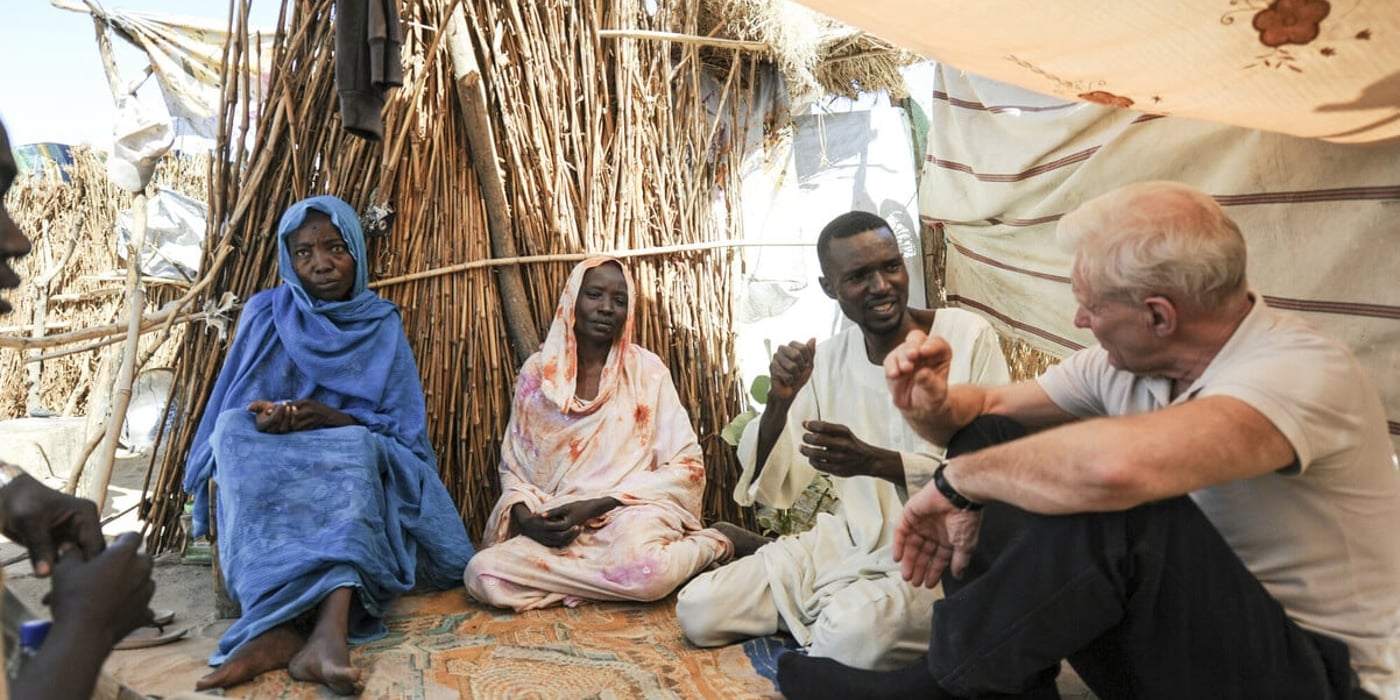
Jeffrey Mapendere has been working with the Joint Monitoring and Evaluation Commission (JMEC) for South Sudan since February 2016. JMEC's mandate is to monitor, oversee and support implementation of the country's peace agreement.
Hopes dashed
When Mapendere deployed to JMEC, there was optimism in South Sudan. With only minor violations of the ceasefire before July, things were looking hopeful. The transitional government, however, has been plagued with disagreement and was unable to move forward. Renewed fighting from July put a stop to any progress. "Right now the situation and future is highly uncertain. Our priority is to see if we can help stop the fighting, and if we can't, how we can at least stop it from spreading," Mapendere says.
He is particularly worried that the conflict has spread in recent months to new areas that had been relatively peaceful for many years. Trying to find ways to de-escalate the situation in the Equatoria region is high on JMEC's agenda.

Dialogue with military leaders
A former member of the UN's standby team of mediation experts, operated by NORCAP until 2015, Mapendere has years of experience in conflict resolution and security arrangements. His main responsibility now is to oversee implementation of the security mechanisms established by the peace agreement. The various transitional institutions bring the parties to the conflict together to reduce tensions and achieve ceasefire and demobilisation aims.
Demobilisation has been one of Mapendere's priorities. He and his colleagues have organised workshops to discuss locations and arrangements for cantonments, where armed groups assemble for disarmament and demobilisation. Daily, he is also in conversation with senior commanders from all groups. "To have any hope of the ceasefire holding, we need to keep channels of communication open with all factions. If we hear about violations of the ceasefire, I call the generals to see why fighting has erupted and I provide advice if needed," he says.
"I still have hope, and I believe in engagement. As a peacemaker, you have to be optimistic, and you never expect a peace process to be perfect."



